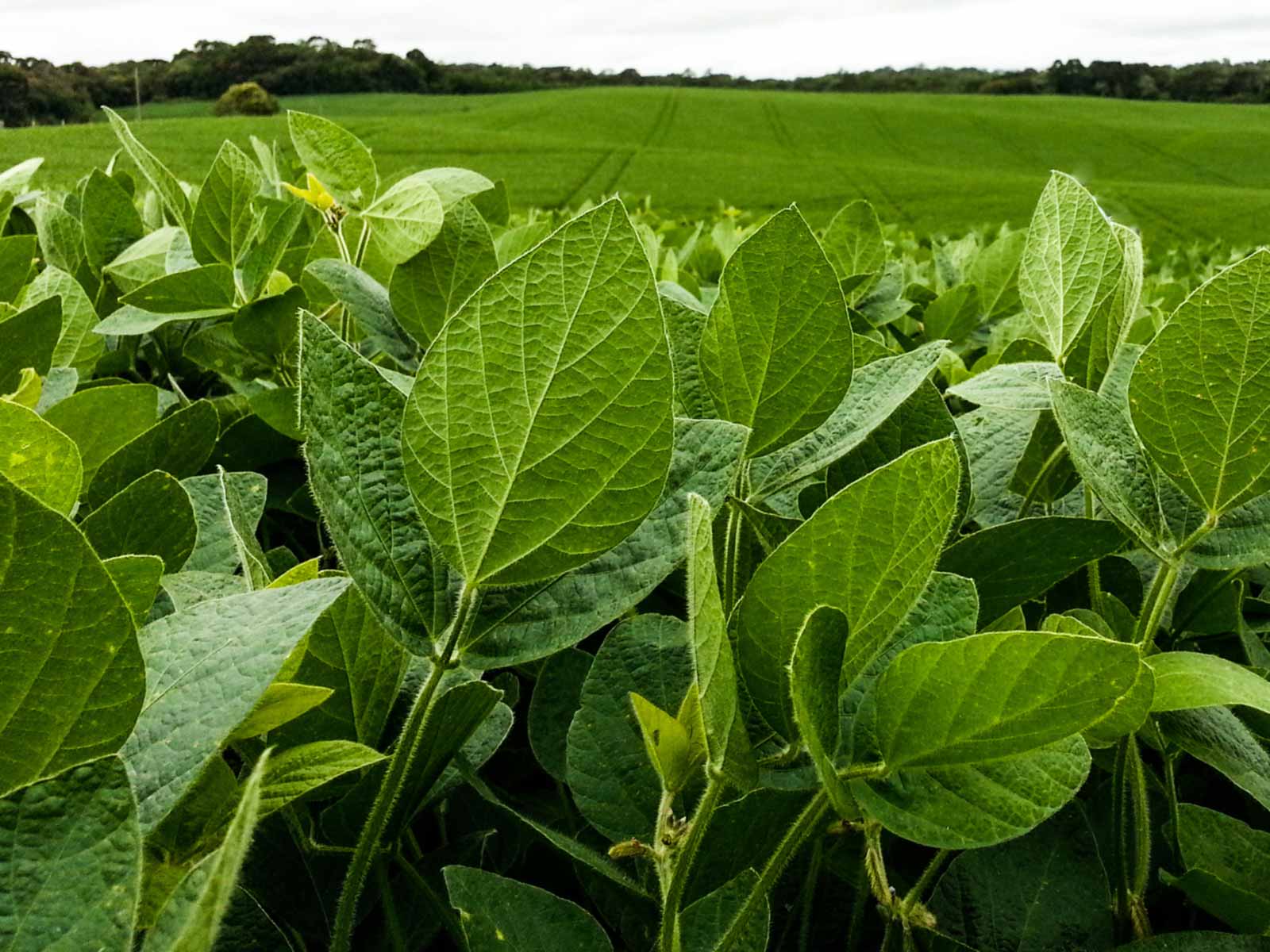Reduce, reuse, recycle. We’ve all heard these pillars of sustainability for years, and in farm country, it’s always been second nature.
The duct tape and binding twine rolling around in your truck bed aren’t there for decoration — they’re the difference between fixing something up or buying something new. Turn off the lights when you leave a room. Set your air conditioning a degree higher and close the door behind you — after all, you’re not trying to cool off all of the outdoors.
Not only do these everyday practices save money here and there, but they’re the kinds of things that save our resources, too. Together, every small step adds up to preserving our world for future generations while also adding to your bottom line.
In that same spirit, the agriculture industry has continued to improve its practices over time to be more sustainable, too. It feels like the right thing to do, but it’s more than that. It saves companies time and money all along the supply chain, ensuring that their products meet the needs of their customers.
We asked leaders across the U.S. who work in grain processing and handling for their perspective on sustainability — what it means and how it connects to the work they do.
Here are just a few of their answers.

MILAN KUCERAK
CEO, Landus Cooperative
Milan Kucerak is CEO of Landus Cooperative, headquartered in Ames, Iowa. The co-op is one of the largest in the area with locations throughout the state. They’re proud to partner with their farmer-members at every step in the supply chain, from elevator delivery to export markets. Here’s what Kucerak thinks about sustainability and its connection to the Landus mission.
“A farmer will harvest soybeans 40 times during a lifetime, God willing. Farmers don’t get practice runs, just one shot every year to grow a product that matters. As a cooperative with offerings across the supply chain, Landus is here to support farmers every day, not just on delivery days. That means offering tools and services that help them implement more sustainable practices while growing a profitable crop, from seed to delivery.
We’re opening doors for farmers to sell traceable feed to dairies and investing in new export markets. To us, sustainability is our responsibility because we’re right there every step of the way.”

KARI VANDERWAL
Soybean Procurement Manager, South Dakota Soybean Processors
In some parts of South Dakota, you can drive for miles without seeing the edge of farm country. With that many acres and farmers to serve, South Dakota Soybean Processors (SDSP) in Volga, South Dakota, is always on the lookout for ways to give farmers an edge. Led by farmer-members, SDSP focuses on adding value to soybeans and maximizing profit for farmers. Here’s what Kari VanderWal, soybean procurement manager at SDSP, had to say.
“U.S. soybeans are sustainable in many ways, but the most important is the myriad of ways their protein and oil solve problems for end users. From livestock feed to human consumption, soybeans provide a good source of protein with a favorable amino acid profile from a renewable source.
Soybean oil can replace petroleum in industrial products like biodiesel as well, which can be used both back on the farm and in the equipment it takes to deliver soybeans from farm to table.”
 CRYSTAL KELLNER
CRYSTAL KELLNER
Grain Originator, Goodland Grain, Co-Alliance
Co-Alliance, LLP serves farmers and the agriculture industry in 50 locations across Indiana, Michigan and Ohio. They provide products and services in energy, agronomy, grain marketing, swine and animal nutrition. With a large footprint across agricultural sectors, it’s imperative that Co- Alliance efficiently serves its members. Much has changed since the first community roots were planted that would become Co-Alliance. According to Crystal Kellner, grain originator at the Goodland Grain location in Goodland, Indiana, it’s what has stayed the same that has made all the difference for sustainability.
“Our knowledgeable farmers produce a reliable and high-quality soybean product from farm to market to fork. The U.S. has educated our customers about the quality and consistency of our products. The products are transported efficiently because of our top-of-the-line storage facilities and transportation methods. All of that adds up to reliable, sustainable soybean meal and oil for customers.”
Agricultural operations — whether farms or chemical companies, elevators or processors — continue to improve their sustainable practices every year. On the farm, no-till or strip-till practices reduce erosion, water management plans help protect local waterways, and consistent soil testing and crop rotation reduce the use of chemicals and other inputs.
At the first point of sale and beyond, companies work to move grain efficiently, reduce fossil fuel use and ensure that sustainably produced U.S. soy continues to have satisfied buyers at home and abroad.
Learn more about what sustainability means to the soybean industry and to end users at https://ussoy.org/ channel/sustainability/. Or drop us a line at info@ unitedsoybean.org with your thoughts on sustainability in the supply chain.
